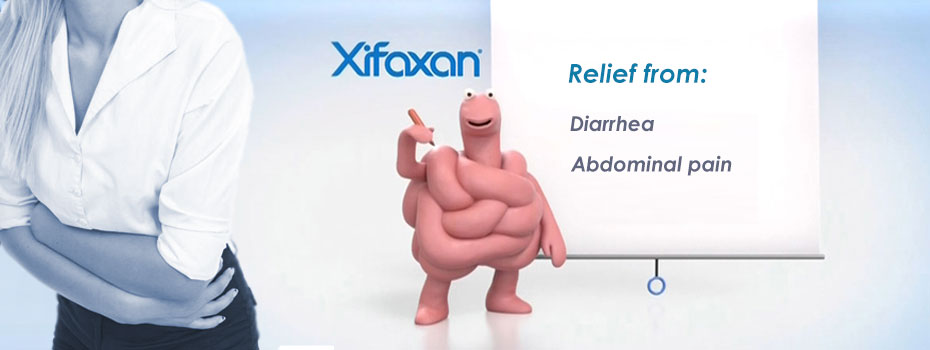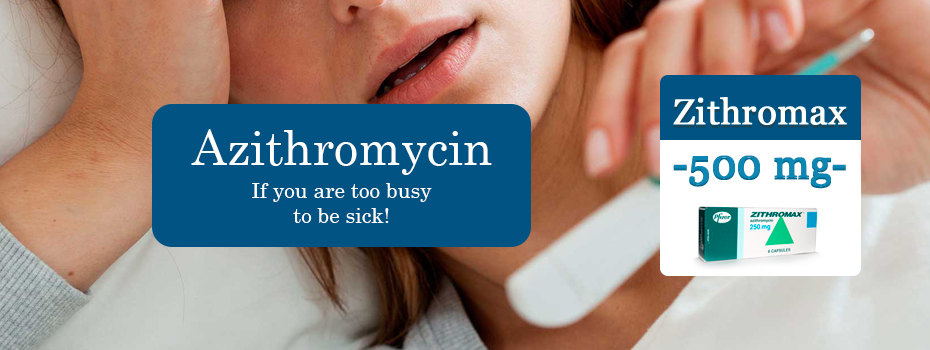When to take antibiotics
Ruled prescriptions of antibiotics. It is obvious that antibacterial preparations should be applied only at the infections caused by bacteria. In a hospital at infectious diseases heavy and menacing to life (for example, meningitis - an inflammation of covers of a brain of the Rule of prescription of antibiotics it is obvious that antibacterial preparations should be applied only at the infections caused by bacteria. In a hospital at infectious diseases heavy and menacing to life (for example, meningitis - an inflammation of covers of a brain, pneumonia - pneumonia, etc.) responsibility for correctness of a choice of medicine entirely lies on the doctor who is based on data of supervision over the patient and on results of special researches. At the slight infections proceeding in "house" (out-patient) conditions, a situation essentially other.
The doctor examines the child and appoints drugs, sometimes it is accompanied by explanations and answers to questions, sometimes - No. Quite often the doctor ask to appoint an antibacterial preparation. In such situations it is sometimes psychologically easier to doctor to write out the recipe, instead of to subject to risk the reputation and to waste time on an explanation of inexpediency of such appointment. Therefore never ask the doctor to appoint to the child an antibacterial preparation as after departure of the expert house council usually gathers, call relatives and acquaintances and only then the decision is made, to give to the child antibacterial preparations or not. In any case the doctor should follow two basic principles of antibacterial therapy: Fast purpose of the most effective preparations when their effect is proved. The maximum reduction of application of antibacterial preparations in all other cases. How and when it is necessary to apply? Let's consider some situations which, undoubtedly, interests all parents.
Antibacterial preparations at an infection of respiratory ways. In this situation, first of all, parents should represent accurately that: natural frequency of infections of respiratory ways at children of preschool age makes 6-10 episodes in a year; purpose of antibacterial preparations at each episode of an infection - unreasonable load of an oganizm of the child. Reliable external signs or the simple and cheap laboratory methods, allowing to distinguish the virus and bacterial nature of infections of respiratory ways, unfortunately, aren't present. At the same time it is known that sharp rhinitis (cold) and an acute bronchitis (an inflammation of a mucous membrane of bronchial tubes) practically always are caused by viruses, and quinsy (an inflammation of palatal almonds and a throat), sharp otitis (an ear inflammation) and sinusitis (an inflammation of a mucous membrane of okolonosovy bosoms) in large part cases - bacteria. It is natural to assume that approaches to antibacterial therapy of separate sharp infections of the top respiratory ways should differ a little.
Cold and bronchitis. At sharp rhinitis (cold) and bronchitis antibacterial preparations aren't shown. In practice everything occurs in a different way: one-two day of the increased temperature and cough at the child parents, as a rule, don't give to the kid antibacterial preparations. But subsequently tension increases, most of all parents are disturbed by a question, whether bronchitis pneumonia will become complicated. Here it should be noted that it is possible, but practically doesn't depend on previous reception of antibacterial preparations. As the main signs of development of complication condition deterioration (further temperature increase of a body, cough strengthening serves. emergence of short wind), in such situation it is necessary to call immediately the doctor who will solve, whether it is necessary to correct treatment. If the condition doesn't worsen, but also essentially doesn't improve, the obvious reason for purpose of antibacterial preparations isn't present, nevertheless during this period some parents don't maintain and start to give preparations to children "just in case".
What it is possible to tell about it? Purpose of antibacterial preparations to children shouldn't replace purpose of "valerian" to parents! Especially it should be noted that this very popular criterion of purpose of antibacterial preparations at virus infections - preservation of the increased temperature within 3 days - absolutely is reasonable by nothing. Natural duration of the feverish period at virus infections of respiratory ways at children considerably varies, fluctuations from 3 to 7 days, but sometimes are possible and it is more. Longer preservation of so-called subfebrilny temperature (37,0-37,50C) can be connected with many reasons. In such situations of attempt to achieve body temperature normalization by purpose of consecutive courses of various antibacterial preparations are doomed to failure and separate clarification of the true reason of a pathological condition.
Typical option of a course of a virus infection also is remaining cough against improvement of the general condition and body temperature normalization. It is necessary to remember that antibacterial preparations aren't protivokashlevy means. Parents in this situation have ample opportunities on application of folk protivokashlevy remedies. Cough is the natural protective mechanism of an organism, it disappears last of all symptoms of a disease. However if at the child intensive cough remains 3-4 and more weeks, it is necessary to look for its reason.
Otitis. At sharp otitis tactics of antibacterial therapy other as the probability of the bacterial nature of this disease reaches 40-60 %. Considering it, it is possible to appoint antibacterial preparations all diseased (such approach was widespread until recently in North America). For sharp otitis intensive pains in the first 24-48 h are characteristic, then at the majority of children the condition considerably improves and the disease passes independently, only at a part of patients symptoms of a disease remain. There are the interesting calculations showing that if antibacterial preparations to appoint to all children with sharp otitis, (reduction of the feverish period and duration of pains) they can render some help to only those patients who shouldn't have no independent fast recovery. 1 child from 20 can be such only. What will be with other 19 children?
At reception of modern preparations of group of penicillin, such as amoxicillin online or amoxil, anything terrible won't occur, at 2-3 children the diarrhea can develop or there will be skin rash which will quickly disappear after cancellation of preparations, but recovery won't be accelerated. As well as in a case with bronchitis, purpose of antibacterial preparations at otitis doesn't prevent development of purulent complications. The complicated forms of otitis with identical frequency develop as at children receiving antibacterial preparations, and at not receiving them. Other tactics of purpose of antibacterial preparations is so far developed at sharp otitis. It is expedient to appoint antibacterial preparations to all children aged till 6 months even at the doubtful diagnosis of sharp otitis (to find out that the small child is hurt by an ear, it is not so simple). At the age from 6 months till 2nd years at the doubtful diagnosis (or the easiest current) purpose of antibacterial preparations it is possible to postpone and be limited to supervision is so-called waiting tactics.
If during 24-48 h the condition doesn't improve, it is necessary to begin antibacterial therapy. Certainly, in this case to parents increased requirements are shown. First of all, it is necessary to discuss with the doctor when to give antibiotics, and to specify, it is necessary to pay attention to what symptoms of a disease. The main thing to be able to estimate objectively dynamics of pain, its strengthening or reduction and in time to notice emergence of new symptoms of an illness - cough, rash, etc. Parents should have a possibility to call the doctor and to be on call antibiotics (which preparation - solve with the attending physician). At children 2 years initial supervision are more senior is the most preferable tactics, except for cases of the heaviest current (the temperature is higher 39C, intensive pains) diseases. Naturally, during supervision it is necessary for children to give anesthetizing preparations and, necessarily, the febrifugal.
Pneumonia. At the diagnosis pneumonia or serious suspicions on this pathology tactics of antibacterial therapy differs from two previous cases. For separate age groups of children some features of prevailing infecting agents are characteristic. So, be elderly till 5-6 years, according to some researchers, to 50 % of cases of pneumonia can be caused by viruses. At more advanced age the probability of the virus nature of pneumonia essentially decreases and the role of bacteria (pneumococci) increases in pneumonia development. Nevertheless, in all age groups the frequent causative agent of this disease is the pneumococcus which causes the heavy course of a disease. For this reason pneumonia is the unconditional indication for purpose of antibacterial therapy. At slight bacterial infections with which the organism can independently consult, positive effects of antibacterial preparations are expressed in insignificant degree.
AugmentinAntibiotics and dysbiosisAntibiotics effective drugs










